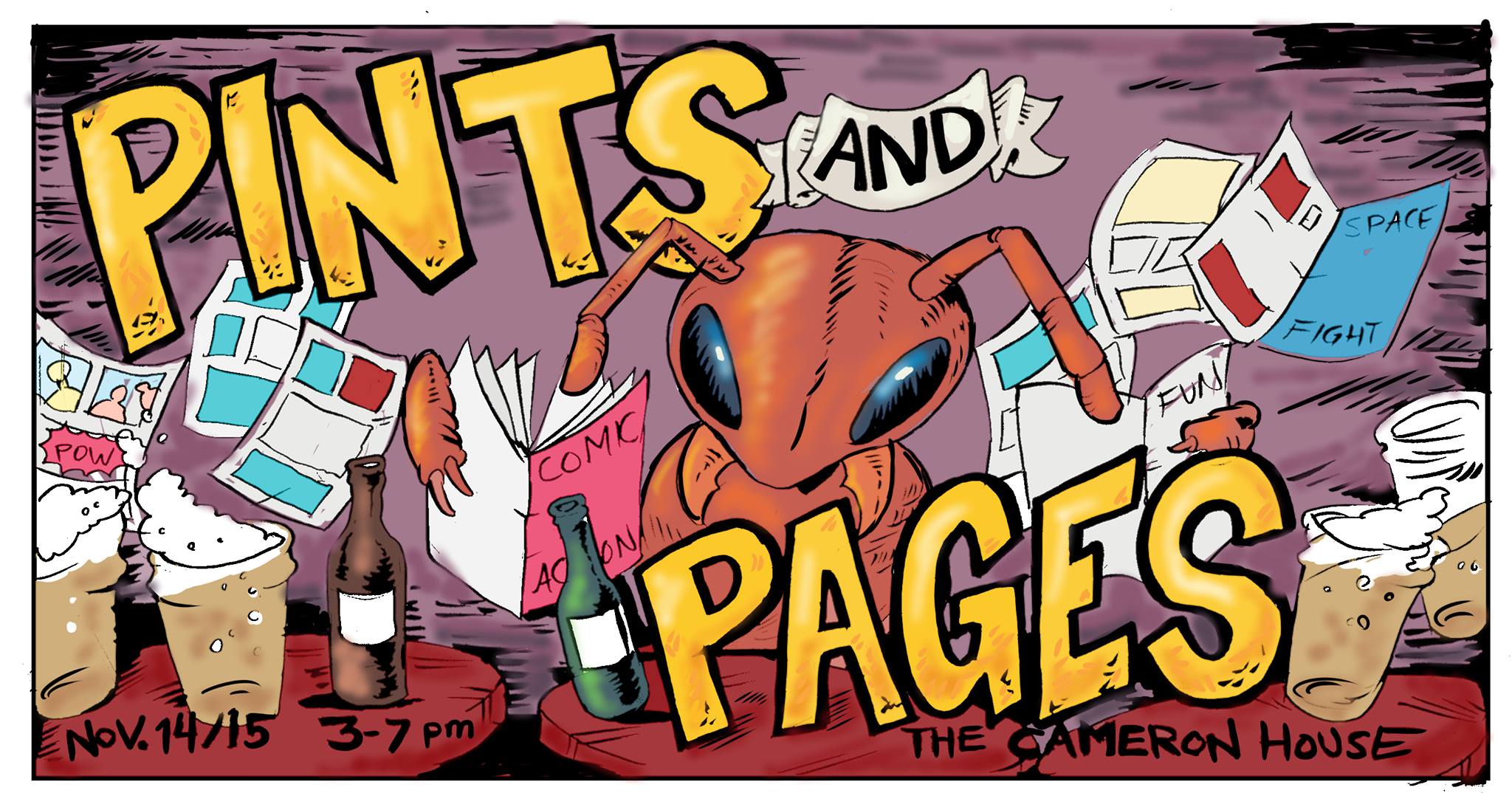An ongoing debate over the course of a few years by different government bodies has been on whether or not loot boxes constitute gambling. That’s right, those annoying little things we either have to earn – or more often for children buy – to get little cosmic get-ups or power-ups in games.
Many places including “Ireland, Germany, Sweden, Denmark, Australia, New Zealand, and the United Kingdom, determined that loot boxes do not constitute gambling,” said Stanley Pierre-Louis. This comment was brought on as the CEO of Entertainment Software Association pushed back against Freshman senator Josh Hawley’s newest potential bill. The Missouri Republican just suggest new restrictions on loot boxes. The bill, which is called The Protecting Children from Abusive Games Act, is trying to apply new rules to games that have consumerism in it that targets minors.
So like all games?
I kid, but the ground the senator is walking on seems a bit shaky. Even as he uses the outline of the Children’s Online Privacy Protection act for his model. The model is meant to help decide which games are aimed at minors, citing vague ideas such as child-like avatars or kid-friendly music. Hawley’s own model will also apply to specific games that “knowingly allow minor players to engage in microtransactions.” This proposed idea would take a big  spoon to certain games, Fifa or Fortnite being the first that comes to mind, and destroy them if it ever was iron out and mandated. The decision will ultimately fall on the Federal Trade Commission, which will also individual states to file suit on their residents’ behalf.
spoon to certain games, Fifa or Fortnite being the first that comes to mind, and destroy them if it ever was iron out and mandated. The decision will ultimately fall on the Federal Trade Commission, which will also individual states to file suit on their residents’ behalf.
The Entertainment Software Association also had this to say about the proposed idea: “We look forward to sharing with the senator the tools and information the industry already provides that keeps the control of in-game spending in parents’ hands. Parents already have the ability to limit or prohibit in-game purchases with easy to use parental controls.”
Though I feel like the proposed problem might lay in the fact that children actively, and easily, bypass parental controls daily. Giving them access to a means through which to buy in-game is a huge temptation that many of them find impossible to ignore. Especially as what they have in-game deems them worthy of being the ‘cool kids’ on the block.
What do you guys think?































